
News about Health
Viser 289 til 312 af 1439 dokumenter.

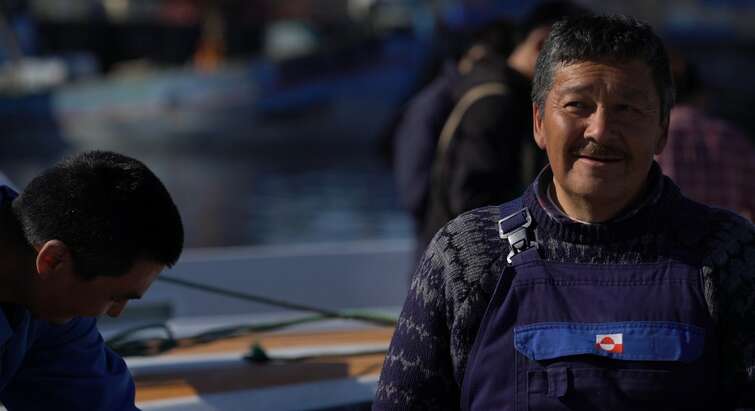
Extensive genetic mapping could significantly impact the treatment of metabolic diseases in Greenland
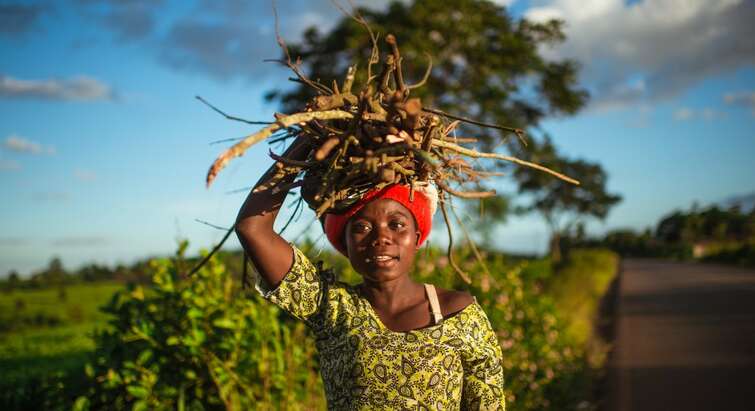
What we can learn from Malawi: Trees can benefit health, economy and climate

Presentation on “Inter-CeBIL’s Biosolution studies & The EC-JRC study on Emerging Biotechnologies in EU: Foresight for Policy”
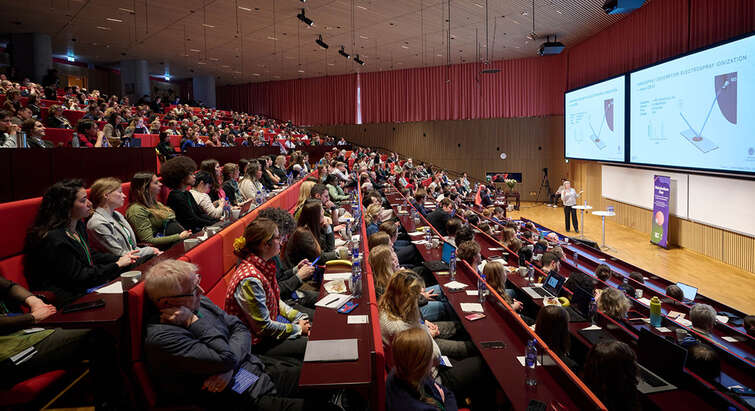
Metabolism Day 2025 - Some numbers and many thank yous
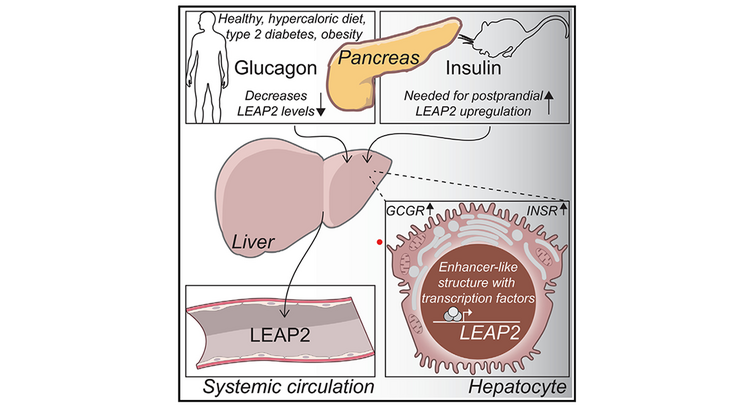
LEAP2: A new hormone with big implications for metabolism?

ESCMID Study Group for Food and waterborne infections (EFWISG)

Danielle Marie Agnello: Advancing co-creation in public and global health
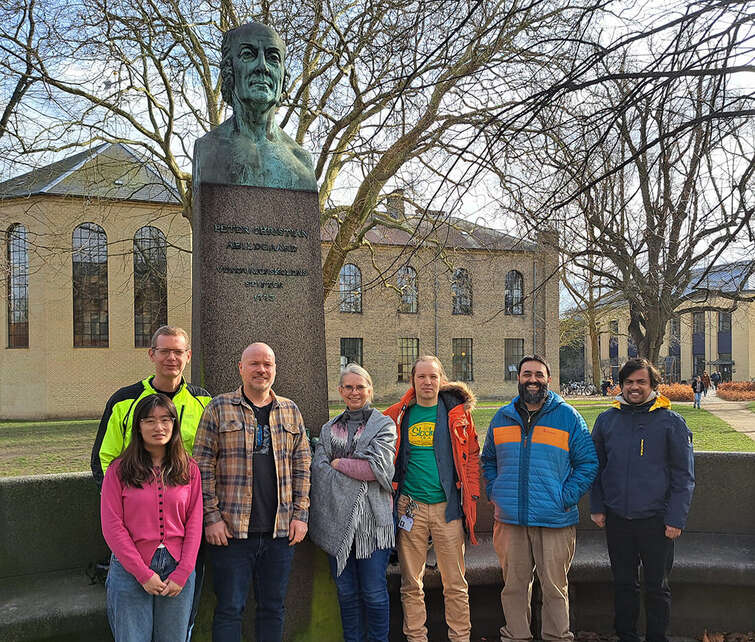
Visit from the University of Georgia and SSI
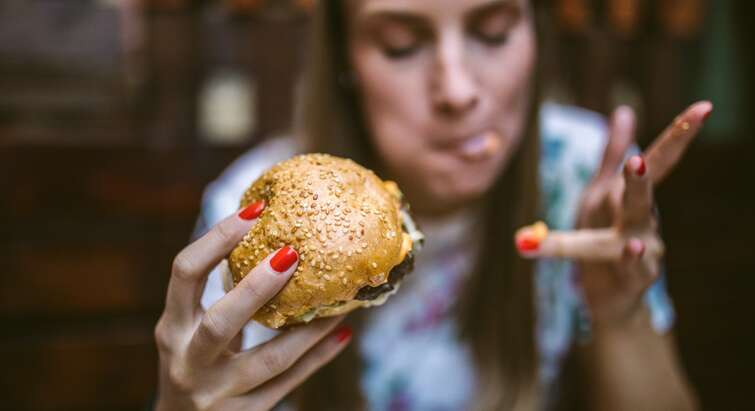
New Research: Strong Link Between Western Diet During Pregnancy and ADHD

New Research: Strong Link Between Western Diet During Pregnancy and ADHD

Lyimo E et al. Malar J 24: 68, 2025

Aves KL et al. Vaccines 13, 207, 2025
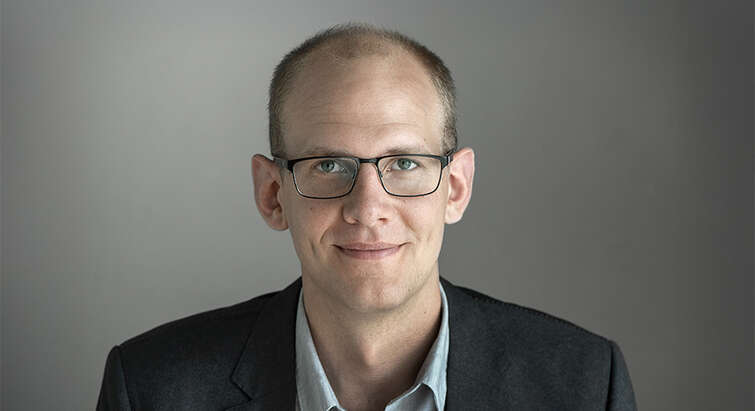
Disordered drugs with high solubility are the aim of Marie Curie Fellow
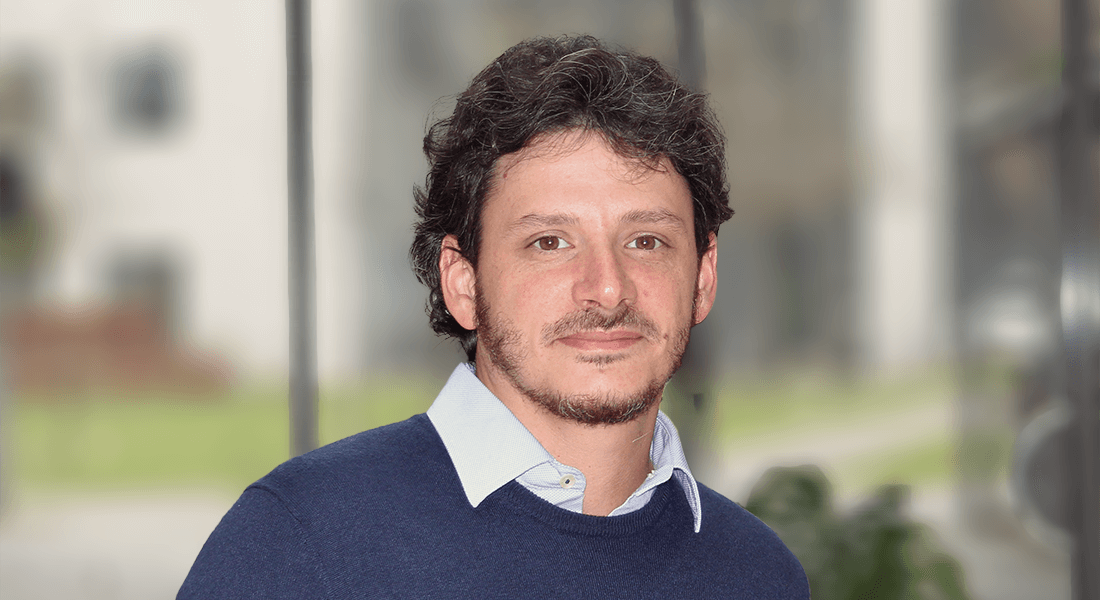
Marco Polimeni receives Marie Curie grant

Osmonbaeva N et al. BMC Infect Dis 25: 280, 2025

VAT adjustments could save 170,000 lives a year in Europe

Rethinking Muscle: New study challenges old classifications

SAVE THE DATE for the 6th Nordic Conference on Pediatric and Orphan Medicines June 3-6, 2025

"Multicomponent Drugs: co-crystals, co-amorphous & deep eutectic systems" Special Issue

EuPAT 12 Special Issue ”Pharmaceutical innovations at the crossroads: Smart therapeutics, AI and manufacturing”

Nanna Skeltved

Podcast on CORDIScovery

